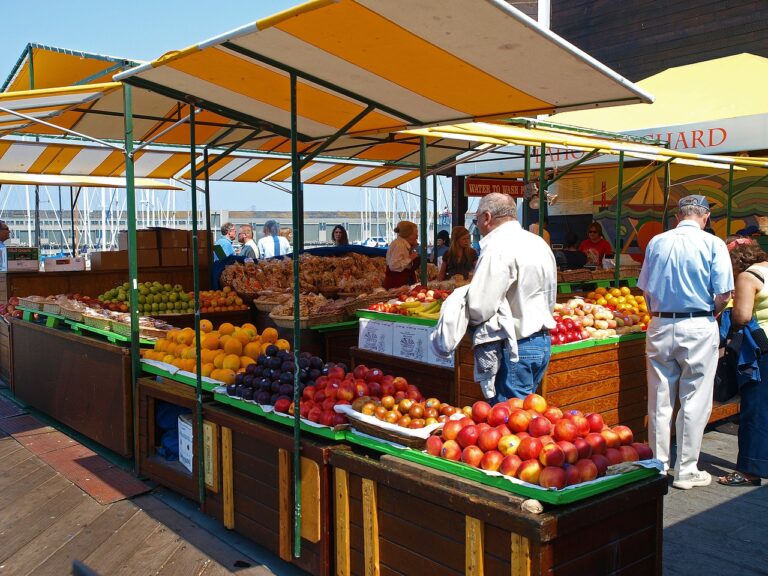The Role of Sustainability in Wine and Spirits: Eco-Friendly Production and Packaging
Sustainable practices have become increasingly important within the wine and spirits industry. The focus on reducing carbon footprint and promoting environmental responsibility has led many companies to adopt more eco-friendly production methods. From sourcing ingredients locally to implementing energy-efficient processes, the industry is making strides towards a more sustainable future.
Not only do sustainable practices benefit the environment, but they also resonate with consumers who are becoming more conscious of the impact their purchases have on the planet. By choosing wines and spirits produced with sustainable practices, consumers can feel good knowing that they are supporting companies that prioritize environmental stewardship. As sustainability continues to be a key trend in the industry, we can expect to see more innovative solutions and collaborations that further promote eco-friendly practices.
The Importance of Organic Farming in Wine and Spirits Production
Organic farming in the wine and spirits industry has gained significant recognition in recent years. Producers are increasingly turning to organic farming methods to minimize environmental impact and promote sustainability. By adopting organic practices, vineyards and distilleries can reduce chemical usage, preserve biodiversity, and contribute to the overall health of the ecosystem.
Organic farming also plays a crucial role in enhancing the quality and flavor profile of wines and spirits. By avoiding synthetic pesticides and fertilizers, organic producers can create products that are more authentic, pure, and reflective of their terroir. Consumers are becoming more discerning in their choices, seeking products that not only taste good but also align with their values of health and sustainability.
Innovative Packaging Solutions for Eco-Friendly Wine and Spirits
With the growing emphasis on sustainability and eco-friendliness, the wine and spirits industry is actively seeking innovative packaging solutions that reduce environmental impact. Traditional packaging materials like glass bottles and plastic containers are being re-evaluated for their sustainability credentials. Companies are now exploring alternatives such as recycled materials, compostable packaging, and lightweight designs to lessen the carbon footprint of their products.
One promising trend in eco-friendly packaging is the use of biodegradable materials like paper bottles, plant-based plastics, and bamboo packaging. These materials offer a renewable and compostable alternative to traditional packaging options, reducing the industry’s reliance on non-renewable resources. Additionally, brands are experimenting with minimalist designs and efficient packaging formats to further decrease waste and energy consumption throughout the production and distribution process.
What are some examples of innovative packaging solutions for eco-friendly wine and spirits?
Some innovative packaging solutions include recyclable and biodegradable materials, lightweight bottle designs to reduce carbon footprint during transportation, and alternative packaging formats like cans or pouches.
How does sustainable practices benefit the wine and spirits industry?
Sustainable practices help reduce waste, energy consumption, and greenhouse gas emissions, while also promoting environmental stewardship and preserving natural resources for future generations.
Why is organic farming important in wine and spirits production?
Organic farming avoids the use of synthetic pesticides and fertilizers, promoting healthier soil and ecosystems. It also reduces the exposure to harmful chemicals for farm workers and consumers, resulting in higher quality products.
How can consumers support eco-friendly wine and spirits brands?
Consumers can support eco-friendly brands by choosing products with sustainable packaging, organic certifications, and transparent production practices. They can also advocate for environmentally responsible businesses and promote awareness about the benefits of sustainable practices in the industry.







